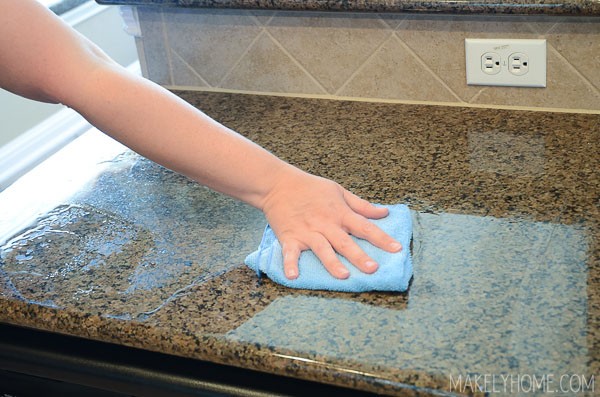- Avoid close contact with people who are sick.
- Avoid touching your eyes, nose, and mouth.
- Drink fluids regularly to reduce the amount of any virusvirus vi·rus | \ ˈvī-rəs : a disease-causing agent that is too tiny to be seen by the ordinary microscope, that may be a living organism or may be a very special kind of protein molecule, and that can only multiply when inside the cell of an organism gets into your lungs.
- Stay home when you are sick.
- Cover your cough or sneeze with a tissue, then throw the tissue in the trash.
- Clean and disinfect frequently touched objects and surfaces using a household cleaning spray or wipe.
- Wash your hands often with soap and water. Wash for at least 20 seconds, especially after going to the bathroom; before eating; and after blowing your nose, coughing, or sneezing. https://www.cdc.gov/handwashing/
- If soap and water are not readily available, use an alcohol-based hand sanitizerhand sanitizer Hand sanitizer is a liquid, gel, or foam generally used to decrease infectious agents on the hands. Formulations of the alcohol-based type are preferable to hand washing with soap and water in most situations in the healthcare setting. It is generally more effective at killing microorganisms and better tolerated than soap and water. Hand washing should still be carried out if contamination can be seen or following the use of the toilet. The general use of non-alcohol based versions has no recommendations. Outside the health care setting, hand washing is generally preferred. They... with at least 60% alcohol, covering all surfaces of your hands and rubbing them together until they feel dry.
- Focus on your personal health by following CDC guidelines for avoiding chronic diseases. This includes; eating nutritious foods, exercising regularly, stop smoking, and get adequate sleep.
What can I do to protect myself and others from COVID-19?


No comments yet. Be the first one to leave a thought.